Financial
Roadmap
A clear, personalised path to your financial goals.
Some of the information in this article may be out of date. We are currently in the process of updating our content to reflect FY26 details.
“Superannuation is a great long-term investment solution for everyone.” First Financial Principal, James Wrigley, discusses ways to maximise your super.
We all know that superannuation is the user-pays philosophy of funding your own retirement. But have you thought about becoming proactive with your super to maximise its potential?
The small steps you take today to boost your super can have a big impact on your future. When utilised fully and structured correctly, superannuation can help you reach your financial goals and approach retirement with confidence and certainty.
First Financial Principal, James Wrigley, discusses ways to maximise your super when you’re in the wealth building phase of life.
“The major benefit is the long-term compounding growth you get from super,” says James.
Superannuation is effectively a long-term investment plan. And as with any long-term plan it harnesses the benefits of compound returns.
It’s this exponential growth over time that can have a huge impact on your financial well-being in retirement.
The other major benefit of super is the low tax environment of 15%. If your marginal tax rate is more than 15%, you could reduce your annual tax bill as any personal contribution will be taxed at 15% when it enters super rather than at your marginal tax rate.
Any subsequent earnings on those funds will also only be taxed at 15%. As James explains:
“It’s a very, very low tax environment and you get concessions for putting money in. You potentially pay a whole lot less tax investing through super than you would investing in your own name or some other structure.”
“Make sure the super fund that you’re using is right for you,” says James. “Most people have ‘choice of fund’ so you can choose where your money goes.”
When you’re comparing funds, make sure you review the fees for each fund, evaluate your investment options and decide on your insurance needs.
And as James says, “Seek advice if you’re stuck. Google can only get you so far.” A financial adviser can evaluate your needs and recommend the fund that is best suited to your individual circumstances.
If you are employed, your employer must pay a minimum amount equal to 9.5% of your salary into your super fund account.
If you are self-employed, you must make your own super contributions and these may be tax deductible for your business.
Topping up your super with personal contributions can make a big difference to your lifestyle in retirement.
“It’s the little extra you put in now,” says James, “that might pay for some of the nicer things when you retire – the cruises and the holidays.”
And the earlier you start topping up your super, the more likely you are to reap the rewards of a bigger balance when it comes time to retire.
Each financial year you can contribute up to $25,000 into super as a concessional contribution and claim a tax deduction on it. You can do this in a couple of different ways:
You can also add personal contributions from money you have already paid tax on. These types of contributions are called non-concessional contributions and they can’t be claimed as a tax deduction; however, they are not taxed when they enter super.
If you make non-concessional contributions and are a low income earner, you may be entitled to extra government contributions.
The name makes it sound a lot more onerous than it is. The reality is that for most people, once you get used to making your own regular contributions, you don’t really notice the difference to your monthly cash flow.
Because you salary sacrifice from your pre-tax income, your contribution is taxed at 15%, rather than at your marginal tax rate.
“The way the tax system works, you don’t really end up feeling it in your after-tax pay,” says James. “You might be putting $500 into super, but really it’s only $200-300 that’s no longer in your take home pay and the compounding effect of that over time is massive.”
You cannot access your super until you are between 55 and 60 years old. The exact age depends on when you were born.
When you are deciding how much to contribute, it’s important to evaluate your need for cash flow alongside your financial goals for the future. As James says,
“You need to weigh up all the tax breaks, the potential returns and the compounding versus some of your more immediate needs. Paying off the mortgage or buying a bigger house may be a more pressing need than your retirement that’s 20-30 years down the track.”
If you have worked in various jobs, chances are you have super in various different funds.
It may seem logical to consolidate all your super into one account, but there are some considerations to think about before you do this.
“There’s sometimes a tendency to rush to consolidate your super funds,” says James, “but what you must be aware of is that any existing life insurance you hold in those funds will be cancelled. It’s important to address your life insurance needs before you start consolidating.”
It’s also important to check if you will incur exit fees when leaving a fund.
Many people tend to consolidate into the fund with the highest balance, but this is not necessarily the best option. Take the time to compare funds to make sure you are making the right choice for your particular circumstances.
There is somewhere around $14 billion of unclaimed super in Australia. If you have worked a number of part-time jobs, there’s a good chance some of that money might be yours. You can track down your lost super through the Australian Taxation Office.
To ensure you are taking full advantage of your superannuation, speak to an adviser at First Financial – contact us today.
Read more Superannuation articles.
Every client journey begins with a conversation. We look closely at where you are now, what matters to you, and what’s possible. Then we structure our advice to match.
A clear, personalised path to your financial goals.
Proactive strategies to maximise your tax savings.
Tailored plans aligned with your goals and risk profile.
Regular guidance to keep your plan on track.
Early retirement and working professional
When Tim received an overseas medical settlement, he and Adam had just 14 days left in a 90-day window. They needed clear guidance, fast. A referral led them to First Financial.
“We’re in totally different life stages, but First Financial built a strategy that supports us both. From urgent legal steps to ethical investing, they handled every detail with calm, care, and real expertise. It’s financial freedom without compromise, and we couldn’t have done it without them.”

Newly retired
As retirement neared, Larry and Virginia were ready to enjoy travel, family, and freedom, without uncertainty. A friend recommended First Financial, and from the first meeting, they had a clear plan, a safety net, and people they trusted.
“We’ve travelled the world, Europe, Sri Lanka, Vietnam, without once stressing about the money. They made everything feel simple and gave us the confidence to live well. We feel secure because we know exactly where we stand, and that peace of mind means everything.”

Retired business owner
After decades of running a successful pharmacy, John sought financial guidance to simplify decision-making and support long-term planning.
“I feel genuinely supported by First Financial. I can ask anything, and there’s no pressure, just clear advice and real care. The money’s growing, I’m not stressed about it, and I feel completely at ease for the first time. I don’t miss work, but I’d miss the support I get from First Financial.”

Retired
Jan's husband managed the finances until entering aged care. Jan gradually stepped into the financial picture with First Financial’s support.
“The money just comes in. I don’t have to think about it. And I know they’re always there. They’ve always been there in the background, just quietly making things work.”

Retired widow
Lyn stepped into financial management for the first time after her husband's passing. With patience and care, First Financial supported her through grief, learning, and empowerment.
“After my husband passed, I was completely unsure where to start. First Financial gave me the space to learn, to ask questions, to grow confident. They drew a diagram that I still have. And now, I sleep well at night knowing I’ve got someone in my corner.”

Retired and semi-retired
Referred by friends who were helped through aged care, Craig sought secure financial guidance after inheriting funds.
“We feel very secure with First Financial, the income just comes in, and we know everything is being looked after. It’s not just safe, it’s smart. We’ve recommended them to others because we genuinely believe in the team.”
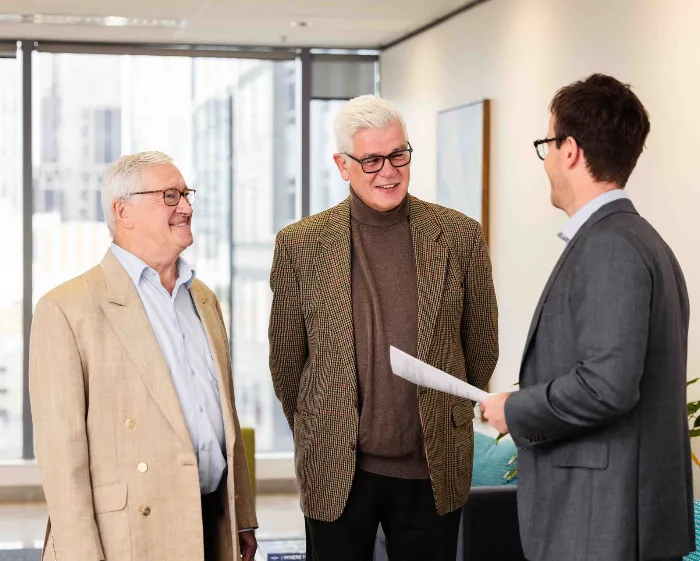
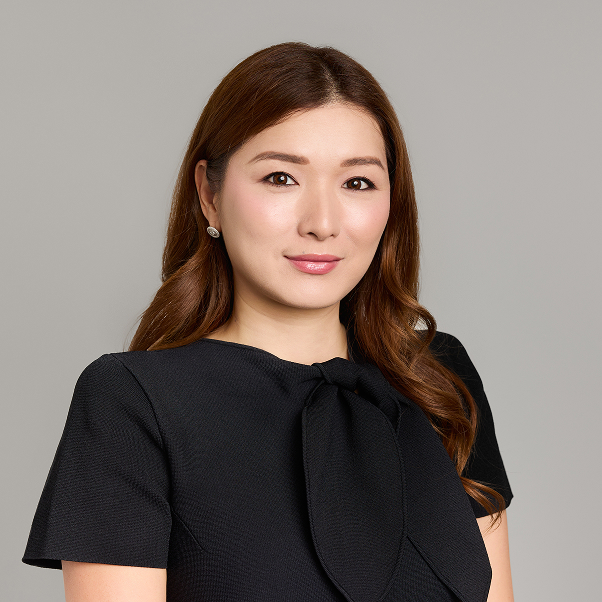

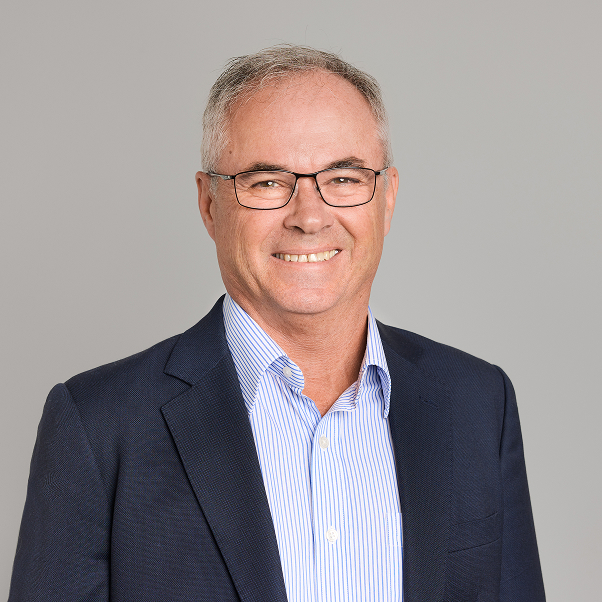
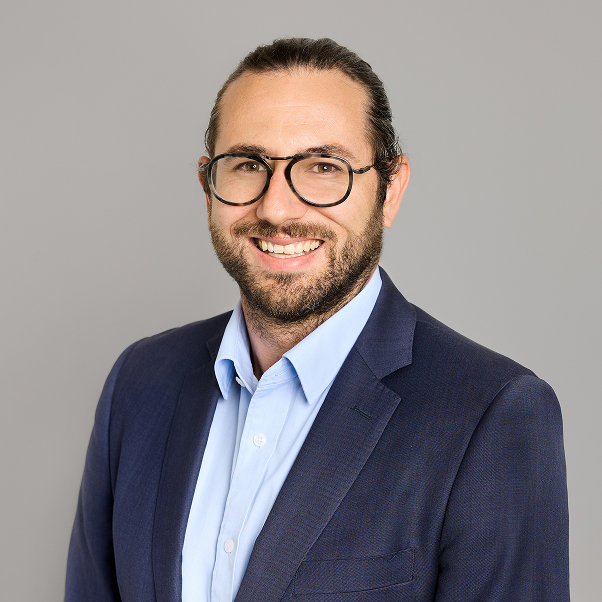
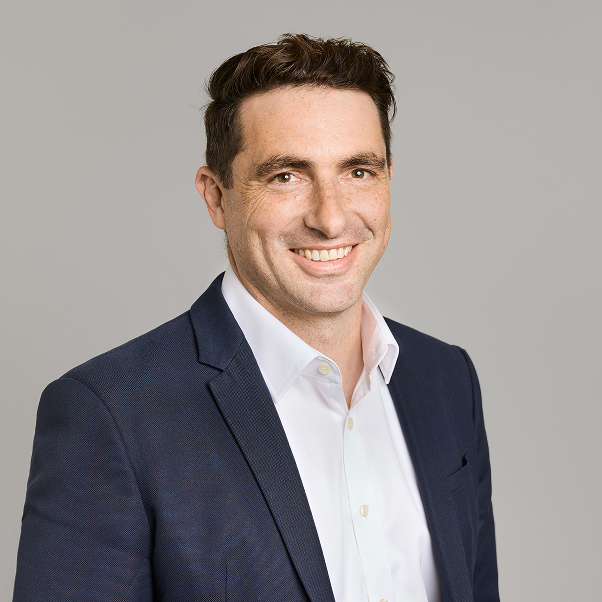

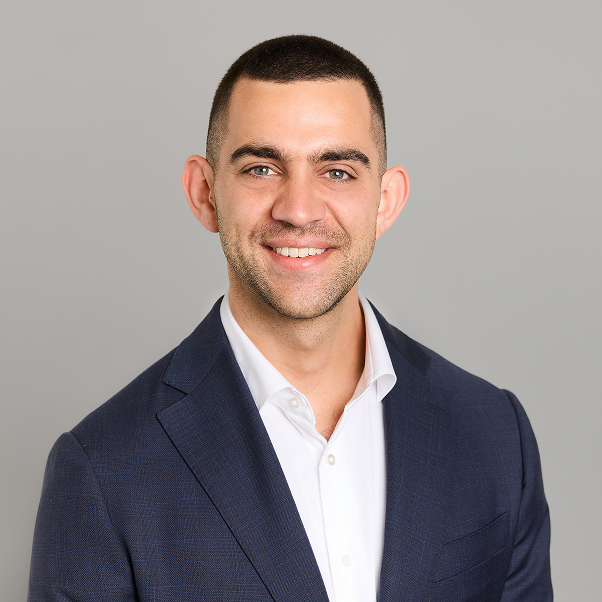
You can use the form below to make a general or initial enquiry.
You can also book a 15-minute call with an adviser by clicking the blue button below.
You can use the form on the right to make a general or initial enquiry.
You can also book a 15-minute call with an adviser by clicking the blue button below.
Fill in your details and briefly let us know how we can help.
We’ll reach out to schedule a time that suits you.
Enjoy an obligation-free initial meeting to discuss your goals and explore how we can guide you toward financial confidence.
Let’s start the conversation.
We look forward to hearing from you!
Level 9, 90 Collins Street,
Melbourne, VIC, 3000
Office Hours
Mon – Fri | 9:00 am – 5:00 pm